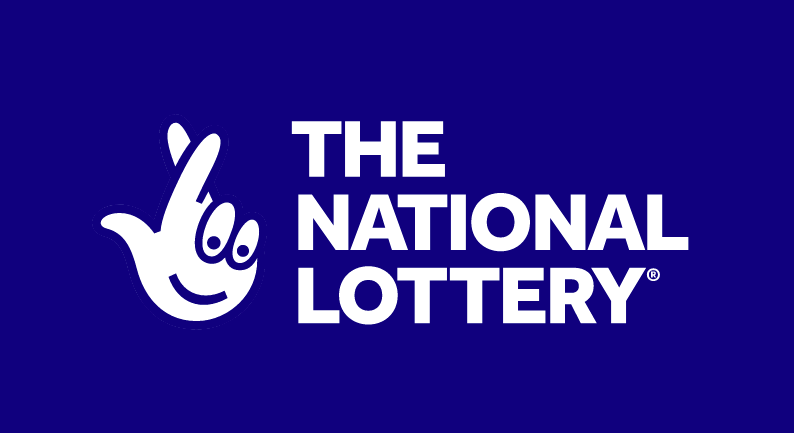
A lottery is a form of gambling that involves drawing numbers to determine winners. Prizes can be cash, goods or services. The concept of lotteries dates back centuries. Moses was instructed to take a census and divide the land among the people, and Roman emperors used lotteries to give away slaves and property. In colonial America, lotteries were a popular way to raise funds for public projects. Many were viewed as a painless alternative to taxes, and Alexander Hamilton argued that “everybody will be willing to hazard a trifling sum for the chance of considerable gain.”
Most states now have state-sponsored lotteries. In the United States, the majority of participants are white; however, participation is much higher among lower-income households and non-high school graduates. Lottery winnings are usually taxed at a rate of about 50%. In addition to the taxes imposed on winnings, there are often additional fees charged by retailers to purchase tickets and pay prizes.
The odds of winning a lottery depend on how many tickets are sold, the total number of participants and the overall prize pool. Some states allow the purchase of multiple tickets, and this increases the chances of winning. In some cases, the odds of winning are very low, and the prize amounts can be very high. In the past, people who won large sums of money with the lottery sometimes became addicted to the game and lost their wealth, careers and family life.
Lottery prizes are typically paid out in the form of a lump sum or annuity. The lump sum option allows the winner to receive the entire prize at once, while an annuity is a series of payments over time. In most instances, the lump sum is taxed at a lower rate than the annuity, but both options are subject to state and federal income taxes.
In 1998, the Council of State Governments (CSG) found that all but four states enacted laws regulating their lottery programs. Most states delegated the responsibility of running a lottery to a state agency or board, which is responsible for selecting and licensing retailers, training employees on how to use lottery terminals, and helping retail outlets promote the lottery. Most of these entities also oversee lottery programs to ensure that they comply with state law and regulations.
In the United States, lottery profits are used for a variety of purposes. In the past, lottery proceeds have financed roads, canals, libraries and churches, and have helped to finance schools and colleges. During the Revolutionary War, lotteries raised money for the Continental Army. The earliest American lotteries were conducted by Benjamin Franklin to raise money to purchase cannons, and George Washington managed a lottery that advertised land and slaves as prizes in the Virginia Gazette. In recent years, lottery profits have been allocated to education, crime prevention, and social welfare. In June 2006, the total allocation of lottery profits to different categories was $234.1 billion. This figure includes the money that was allocated by each state in the year preceding June 2006. The amount of lottery profits received by a particular category varies widely from one state to another.